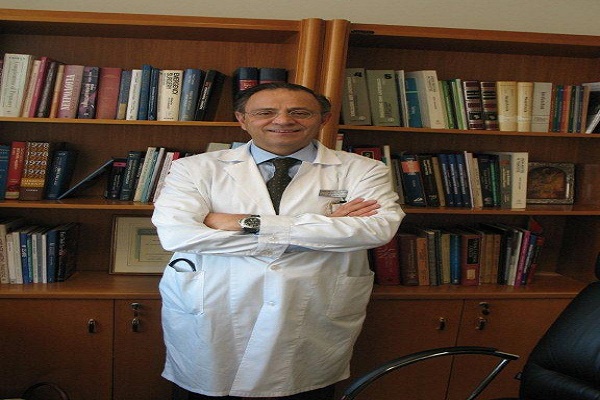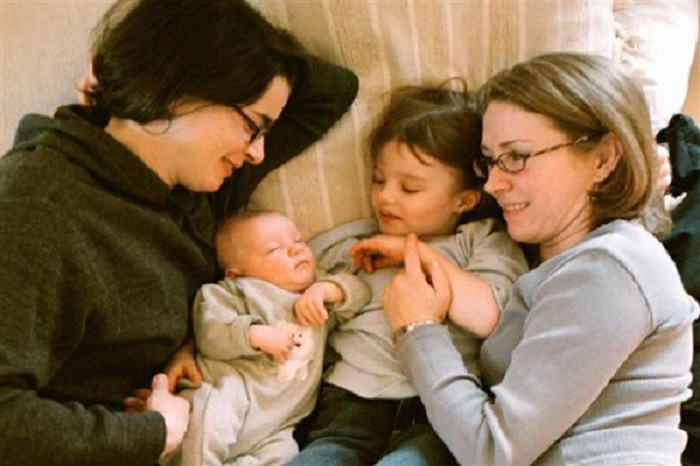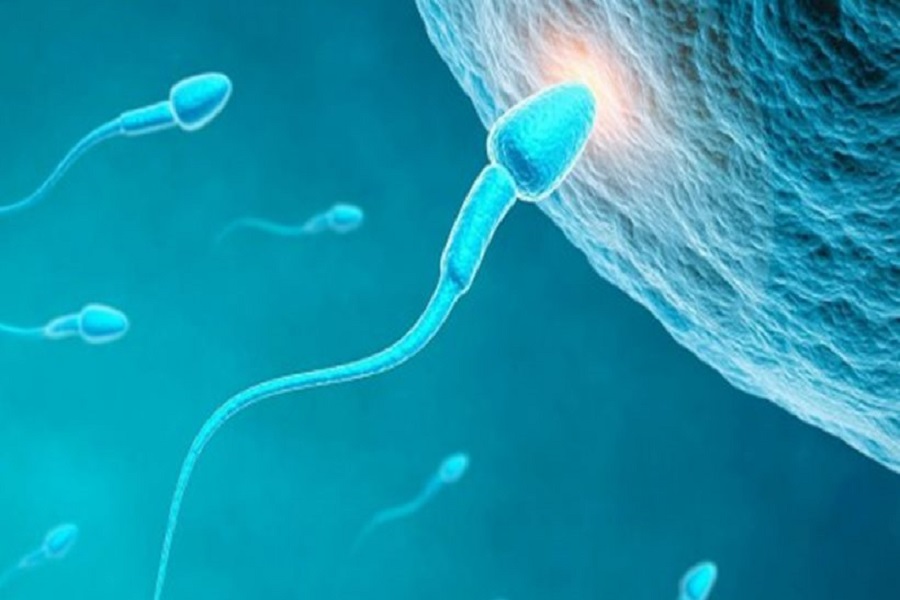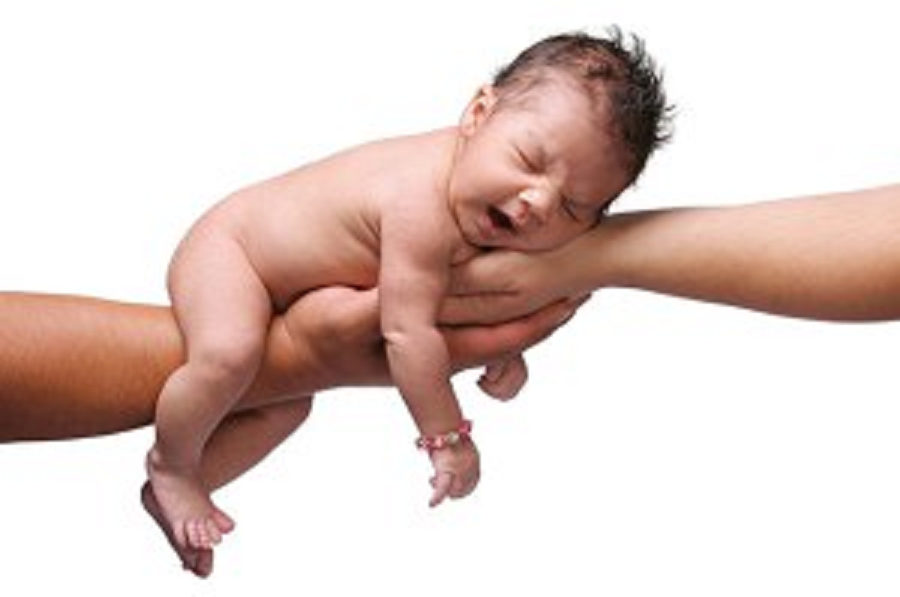Research Content
THE CASE
Since the birth of the first child with the help of artificial insemination till today, that the methods of assisted reproduction are being widely applied all over the world, 34 years have passed. During this period of time a debate regarding the necessity of laws and regulations governing the application of the methods of assisted reproduction and the protection of the genetic material in the laboratories has arisen.
The need of regulatory legislature also became apparent through the appreciation of the risks associated with the application of the methods of assisted reproduction. These methods pose serious threats to the health and even the life of both the mother- and the child-to-be, risks that have often been underestimated or downplayed throughout the first years of application of the methods.
The high cost associated with assisted reproduction was another, rather significant factor, calling for the development of regulatory legislature. This cost burdens mostly the infertile couples, but also affects the national health services’ budgets, since they often cover part of the expenses for the procedure.
Crucial legal issues that arise by the application of the methods of assisted reproduction and ethical aspects contribute equally in the formation of the regulatory legislature. The key issue of the legal status of the genetic material of the embryo, the recognition or non of the genetic material’s legal rights are only some of the issues in dispute arising from the application of the methods of assisted reproduction. Moreover, in the development of the regulatory legislature a rather important factor has been the realization of the need to preserve the child’s-to-be benefits by adopting specific restrictions on the choice of persons that wish to have a child. Lastly, given the fact that this particular medical application has a significant impact on family relationships and creates various relationship issues, especially when third persons participate to the reproduction procedure (e.g. heterologous insemination, surrogate motherhood), a legislature governing the process was deemed necessary.
In this context the European countries have instituted laws governing the application of methods of assisted reproduction at the European and the national level. These laws, however, were brought into power at different time points across the various countries, depending on the progress in each country. The strictness or leniency of these laws reflected each country’s position on crucial issues associated with implementation of assisted reproduction, such as the determination of the specific time-point at which life begins, the nature of the genetic material, the fertilized egg and the embryo, the freedom to perform research etc.
At the same time, the treaty of Oviedo, being a framework, deals with a vast number of issues, associated with the application of Biotechnology on humans. Methods of assisted reproduction, however, are only cited in articles 14 and 18, the former prohibiting the use of the methods for selection of a future’s child sex, unless “serious hereditary sex-related disease is to be avoided” and the latter outlawing the creation of human embryos for research purposes and, in case the national laws allow in vitro research on embryos, requesting the enforcement of adequate protection of the embryo. This limited reference of the methods of assisted reproduction in the Oviedo Treaty should be associated with the fact that differences in the national and cultural heritage did not allow to reach a consensus on a number of issues. Many of the member-states of the European Council, did not sign the treaty.
Since signing the Oviedo treaty, many European countries enacted laws governing the application of methods of assisted reproduction and the protection of the embryo and the fertilized egg. These laws became a necessity because of the widespread application of the methods and were in agreement with the Oviedo treaty. Given the lack of a common and binding position, it is to be expected that national laws do not regulate these crucial issues in a similar way. As a result, today, a mosaic of national legislatures has been created, with each national legislature differing from the other widely in its trends and directions.
Divergences between national legislatures give rise to problems of particular importance, especially to those associated with the application and control of assisted human reproduction and in vitro research on embryos. To be mentioned are mainly:
- The non-egalitarian access of all the European citizens to the achievements and advancements of the reproductive technology. As a result of this, many citizens seek ways to bypass restrictions in the application of methods of assisted reproduction in their countries. Furthermore access to the methods of assisted reproduction becomes directly associated to the individual’s financial status, expanding the already present class distinctions.
- In research, scientists operating in countries that have opted for a strict legislation in this field, come up against severe impediments compared to their colleagues working in other countries that have adopted more liberal approaches.
- Regulations posed by restrictive legislations, in addition to problems associated with international scientific cooperation, give rise to issues associated with the application of proportionality, since they minimize application of the methods of assisted reproduction.
- Furthermore, national legislations only seldom take into consideration the risks associated with assisted human reproduction, which are caused by the progress in the field of biotechnology.
PROPOSALS
The research proposal includes:
[1] Identification of the key points of current legislature regarding methods of assisted reproduction and
protection of the genetic material in Europe. The research will examine specific groups of countries. Using these criteria, the Swedish legislature was selected from the countries of Northern Europe, the German and French from the countries of Central Europe and the Greek and Italian from the countries of Southern Europe. It will also extend to the Anglo-Saxon Law of England.
[2] In addition to the recording of the regulatory legislation, the research proposal will include:
[a] The recording of case law, which has been created during the past 15 years, since signing the Oviedo treaty.
[b] The recording of the opinions of the Heads of the Bioethics Committees of these countries on the problems, which the existing legislature has created during its application, as well as their suggestions on how to improve it.
[c] The recording of the corresponding opinions of the Heads of National Agencies of Medically Assisted Reproduction, where they are operative or have at least been for some time-interval.
[d] The recording of the opinions of scientific societies or groups of citizens on studying and putting forward any problems associated with the assisted reproduction and protection of the genetic material.
[e] The recording of the opinion of the Head of a Center of Assisted Reproduction.
[f] The collection and study of the relative bibliography, as well as of all associated decisions and reports, by the Bioethics Committees or the National Agencies of Medically Assisted Reproduction.
[3] Upon completion of individual national searches, results collection and evaluation, all proposals will be recorded and comparison with data from other countries will follow. Eventually the common grounds of the individual proposals will be combined.
METHODOLOGY
The research will be carried out through the use of two questionnaires.
The questionnaires will allow gathering of the necessary key-points in a unified way. More specifically:
The first questionnaire will focus on the content of the national legislature on assisted human reproduction and research on genetic material in the aforementioned European countries. This questionnaire will be filled in by five young researchers, doing field research in collaboration with faculty members of the countries, where the research will take place.
The second questionnaire will be aimed at reference persons, whose opinion will be requested on the enacted legislation and the problems it may cause. Furthermore, their input as to what can be done to deal with these problems will be requested.
A form for the recording of jurisprudence (case law) of individual countries will also be prepared.
The questionnaires will be prepared by the five researchers under the supervision of the principal investigators. Before the questionnaires are finalized, each researcher will fill in the questionnaires with data from the Greek legislature, three times, so as to familiarize with the questionnaires and optimize their content.
The researchers will then visit each of the selected countries (Sweden, Germany, France, Italy and England) for approximately one month, to gather the necessary data. The first questionnaire will be filled in by the researcher, in collaboration with faculty members of the host country. An interview with the person of reference will be held for the second questionnaire.
IMPLEMENTATION OF RESEARCH PROGRAM
News
- Published on: 28/06/2016
- Gov. John Bel Edwards has reversed course from his predecessor and agreed to create regulations governing surrogacy births in Louisiana. Read more
- Published on: 18/05/2016
- Experts point out that serious questions are raised regarding the birth of a child by an elderly woman Read more
- Published on: 18/05/2016
- A controversial geneticist, Severino Antinori, who became known for helping women over 60 years old to become pregnant, was arrested for stealing eggs from a patient. Read more






